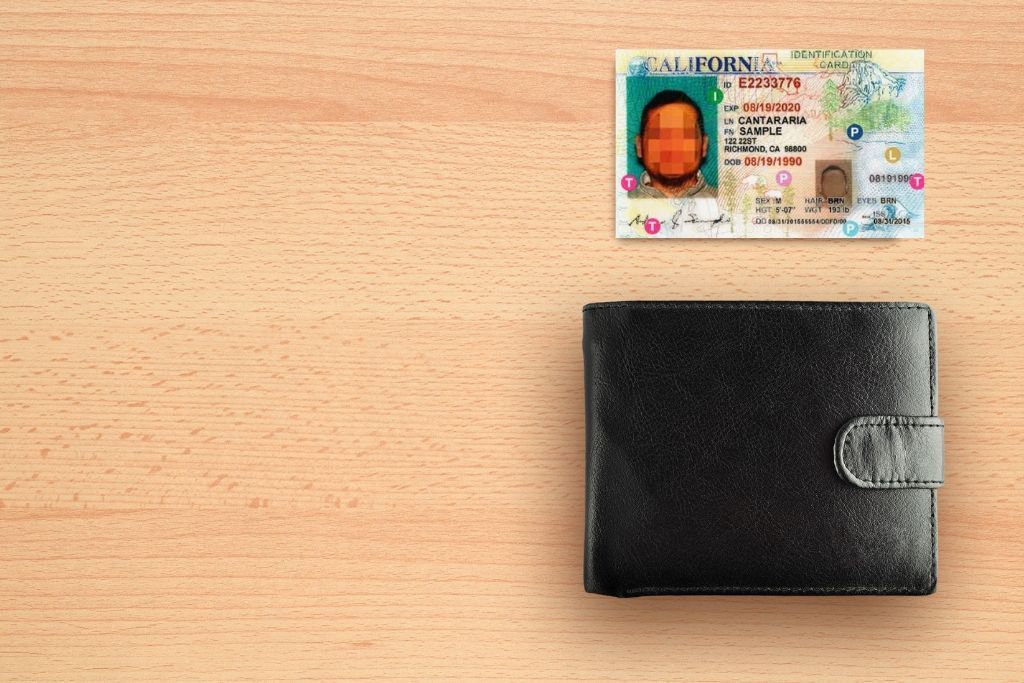
Pet Trust – Taking Care of Your 4-Legged Children
August 2, 2017Beware of Unwanted Solicitation on Your Property Profile
October 19, 2017Transfer Property From Parent To Child
Do you know that if you transfer property from a parent to a child does not increase property taxes?
Real property transferred to a new owner will always be reassessed by the county assessor. In most cases, the new owner pays a higher property tax. A parent-child exclusion was enacted by the State of California effective November 6, 1986. This exclusion was for transferring property between parents and children without increasing property taxes. The exclusion allows transferring real estate property (your residence, investment property, farm land, and even unimproved land) between parent and child (natural and legally adopted) without triggering a reassessment of property taxes. There are some exceptions, however, to transferring property. If the transfer is made to a grandchild (skipping a generation) where the grandchild’s parent is still alive then transferring property WILL result in increased taxes. If the grandchild’s parent is no longer living, then transferring property WILL NOT increase the property taxes.
BEWARE: If you haven’t already transferred property from parents who died prior to November 6, 1986.
Property will be reassessed resulting in increased property taxes, which are based on the current value of the property. Plus, you’ll have supplemental payments up to seven years prior to the transfer date. The county assessor will mail Reassessment Statements with the next tax roll after the transfer date. The new property owner should continue to pay the current taxes until the Reassessment Statement is received in the mail. The new property owner may appeal the reassessed value if they believe the amount is too high, but the increased tax amount is due prior to filing your application to appeal.
If you want to transfer your property to your child, a deed will need to be recorded on your property and a statement is required that informs the county assessor that an exemption exists. There are some risks associated with adding a child to your title before you die; such as exposing your property to judgment liens. If a child is named in your trust to receive your property after you die, then the property can be transferred without increased property taxes. In this case, there will also be less risks. For an affordable deed, contact a Registered Legal Document Assistant, such as IN TRUST LEGAL. We are here to help you SAVE MONEY and PROTECT YOUR PROPERTY FROM PROBATE!







